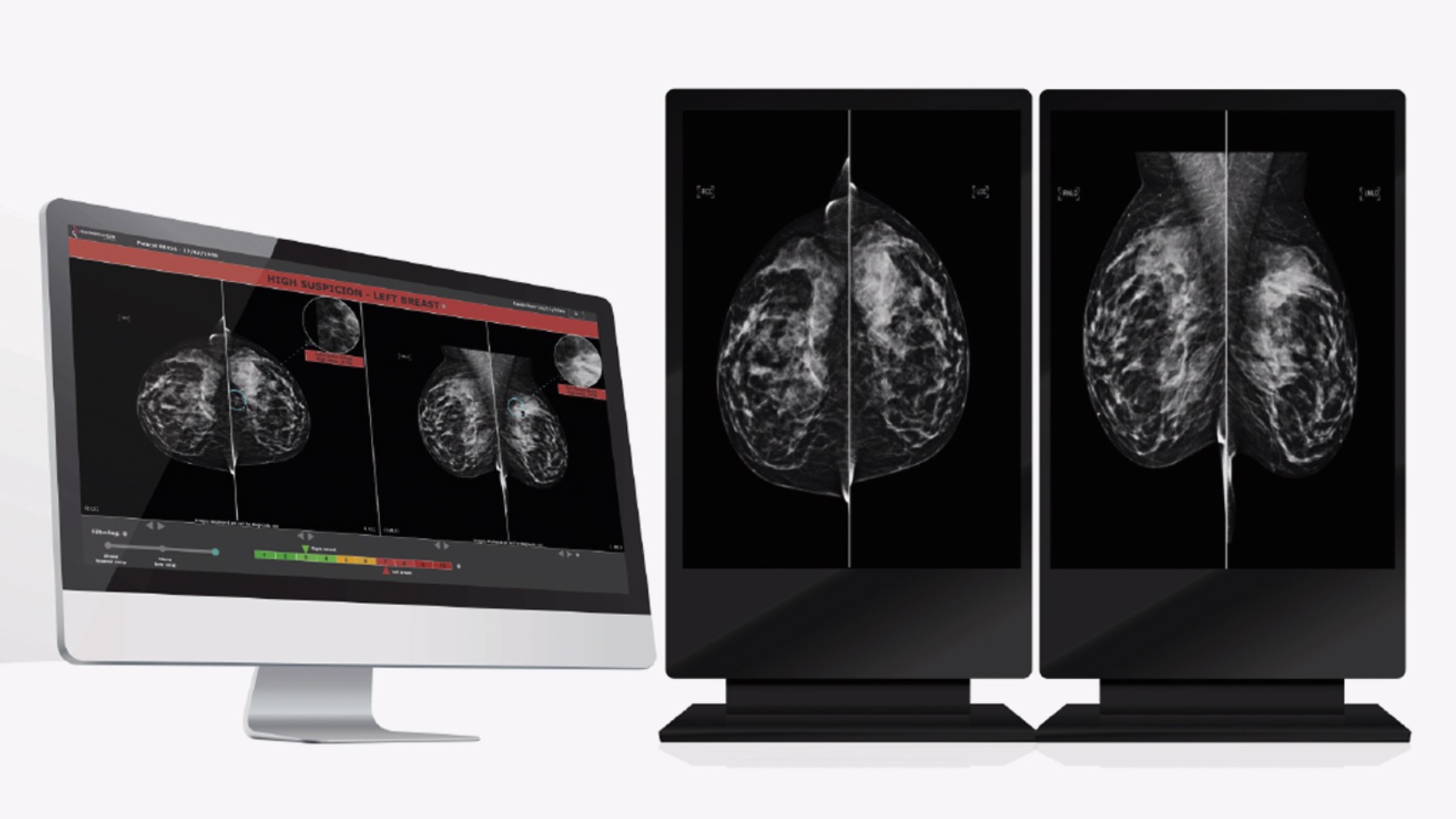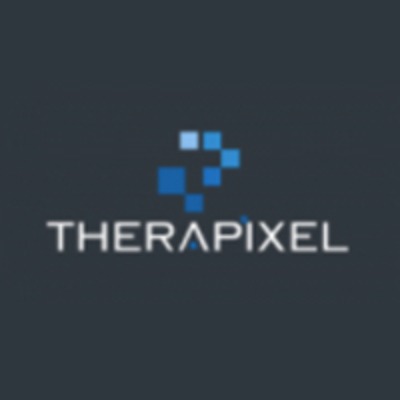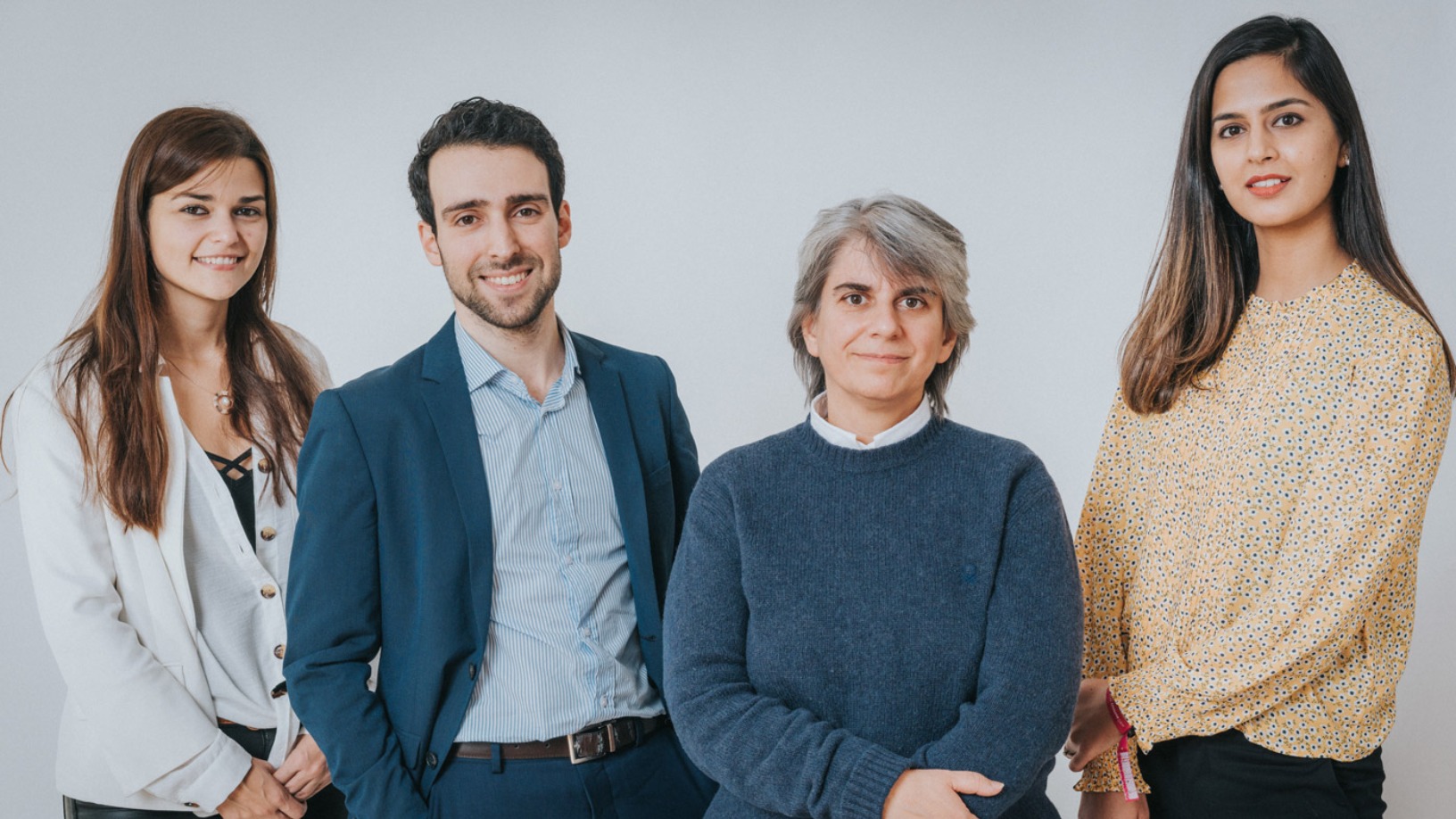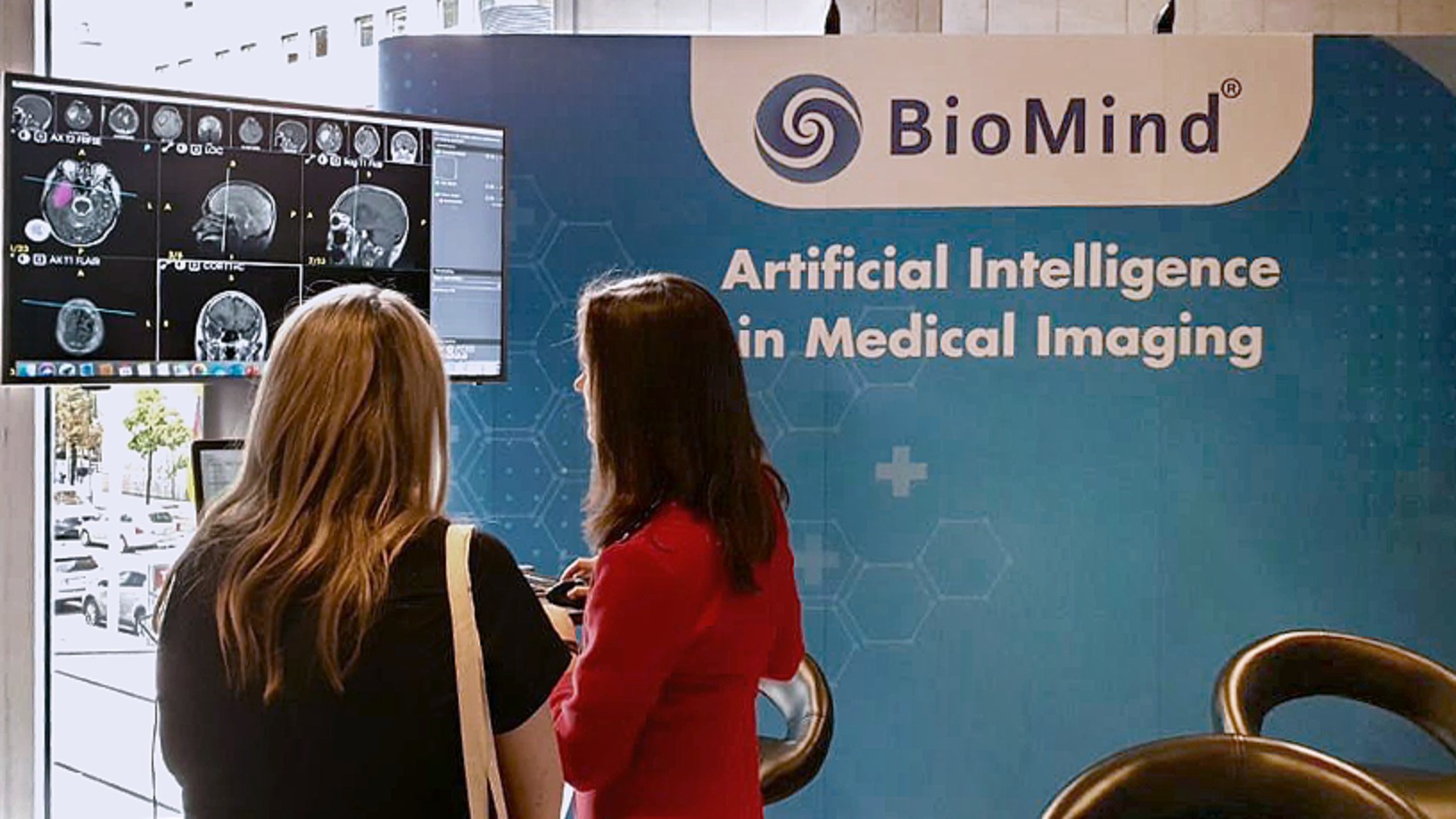French medtech Therapixel is gearing up to boost the clinical adoption of its award-winning MammoScreen across Europe and the US. The AI-powered breast cancer detection software enables radiologists to read digital mammograms within minutes, detecting suspicious lesions or cancerous tissues with greater accuracy than conventional screening systems.
Hundreds of thousands of mammogram images were used to train the MammoScreen algorithm to recognize cancer lesions in thousands of cases. The patented MammoScreen Score provides an at-a-glance suspicion indicator of cancer from one to 10. MammoScreen is currently in use for clinical evaluations to screen for breast cancer in some 20,000 women a month in France and the US.
“In the US, the average wait for results after a mammogram is 10 days. With this system, it’s two minutes,” Therapixel CEO Matthieu Leclerc-Chalvet told CompassList in a recent interview. “At least 80% of women will have their results in two minutes. For cases that need further examinations, it will take longer but it still saves time because these examinations can be done immediately instead of having to wait 10 days,” Leclerc-Chalvet said.
Breast cancer is the most common form of cancer in women and the second most common cancer overall, according to the World Cancer Research Fund. About 13%, around one in eight women, in the US will develop invasive breast cancer over the course of their lifetime.
Many countries have adopted widespread breast cancer screening programs. In 2018, 73% of women aged 50–74 in the US had a mammogram in the previous two years. Over 75% of women aged 50–69 had a mammogram in Denmark, Finland, the Netherlands, UK and Norway between 2015 and 2017.
In March 2020, MammoScreen was approved by the FDA for use in the US, but the commercial launch was delayed by four months until August due to Covid-19. The company also plans to expand across Europe, having just received the CE mark in January 2021. Based in Paris, Therapixel also employs three sales staff in the US in Chicago. The software is sold on a subscription basis and the first commercial contracts are expected to be finalized in the second quarter of 2021.
Meanwhile, the company has already started raising €15m to expand commercial operations in the US and Europe. Launched early this year, the Series B funding round is expected to close around mid-2021.
No room for error
The first challenge for the team when it developed MammoScreen was to collect and feed the AI and deep learning platform with as much data as possible. The datasets had to include a wide range of information like ethnicity and age as well as unusual or rare breast cancer cases in order to train the machine. The team also had to design the annotation system to precisely show the location and type of lesion identified for each image.
“It was a massive job which took a lot of time, and then you have to train the algorithm and test it,” Leclerc-Chalvet said. Developing AI technology for medical applications also comes with another major challenge specific to the field: there is zero room for error.
“If we take a Google algorithm that can recognize a cat in a photo, for example, if it makes a mistake from time to time and finds a dog, it is not that serious, but in medicine, doctors have very little tolerance. We cannot show them something that is very obviously false and we cannot miss something that is there,” Leclerc-Chalvet explained.
In 2017, Therapixel partnered with 16 radiology clinics and hospitals in France and the US for data collection and testing to further develop the MammoScreen software. A clinical study conducted in 2019 and published by Radiology: AI showed that the use of MammoScreen improved the diagnostic performance of radiologists in the detection of breast cancer without prolonging their workflow.
“There is a bit of a paradox in medicine because doctors are well aware that they need technology to progress […] but they are reluctant to change their practices which they have honed over time. Balancing this conservatism in practice with the need for innovation is difficult,” Leclerc-Chalvet said.
“The way we’ve gone about it is not to say that AI is going to replace humans because that is not possible, but we’ve shown that when the radiologist uses AI, they have better performance than when they don’t. It’s not a question of human versus machine, it’s that the human with the machine does a better job.”
Pivoted to mammography
A spinoff from the National Institute for Research in Digital Science and Technology (INRIA), Therapixel was originally founded in 2013 as a startup named Fluid by applied research scientists Pierre Fillard and Olivier Clatz. Having worked for several years in medical imaging, Fillard and Clatz decided to put their accumulated knowledge into developing Fluid, a medical imaging software for touchless navigation of digital medical images in an operating theatre.
However, after commercializing Fluid in 2015, they “very quickly realized that it was a product with a long sales cycle that depended on many other things. It was not a product that was purchased separately, but only when a hospital was being built or when an operating theatre was being renovated”, said Leclerc-Chalvet, who joined Therapixel as CEO in 2019.
So Therapixel turned its attention to focus on specific medical problems. In 2017, the startup joined two global competitions. It ranked fifth in the Kaggle Data Science Bowl for lung cancer detection solutions. In the IBM and Sage Bionetworks Dream Digital Mammography Challenge, Therapixel beat over 120 teams from around the world to win the $1m prize. The success motivated the team to focus on the development of MammoScreen, with Therapixel securing €5m Series A funding in 2019.
“It was the investors who, at the time of the pivot, said we must concentrate on one thing; and so it was decided to sell the earlier business [Fluid], which happened in 2020,” Leclerc-Chalvet said. “And [they said] we must concentrate on a single market, the US, which is the biggest and where we have an added value because AI in radiology is already common.”
The Series B funding will help Therapixel to scale and focus on key markets in the US and Europe and continue to improve MammoScreen’s diagnostic tools and AI technology for breast cancer specialists in clinics and hospitals. There are no plans to develop other applications for the software.
“If we start to disperse into other applications or to cover too many regions at once, we won’t have good results. After starting commercial operations several months ago, we have a very good pipeline because we are very focused,” he added.
“All the AI manufacturers that have tried to do too many different things too fast have failed. The AI that works today is AI that is very specific; whether it is applied to the heart, the brain, the breast or the lungs. No one has an AI that can do everything.”












